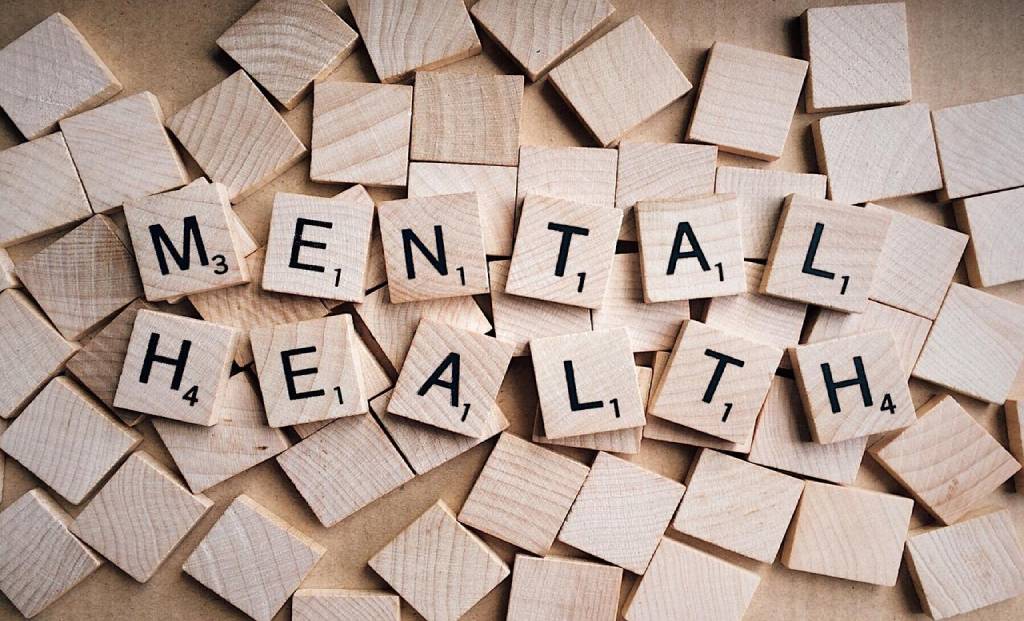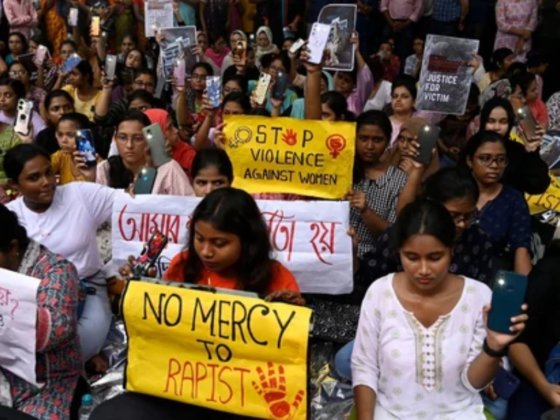Long working hours, stigma, and lack of support contribute to mental health neglect in the medical field
In a poignant revelation, Dr. Jyoti Kapoor, a senior psychiatrist and founder of Manasthali, sheds light on the alarming neglect of mental health among healthcare professionals in India. Despite dedicating themselves to the well-being of others, these professionals often find themselves struggling with their own mental health, with limited avenues for support.
Exhaustion Amidst Chaos: The Daily Challenges Faced
The healthcare field is demanding and unpredictable, presenting medical professionals with a constant influx of challenging cases. From accidents to surgeries and the chaos of the pandemic, they tirelessly manage diverse situations that take a toll on their well-being. The emotional strain of understanding the psychological aspects of these cases becomes exhausting for these healthcare heroes.
Seeking Solace in the Comforts of Home
In search of solace, healthcare workers turn to their families and close friends. They rely on these trusted individuals to provide the understanding and support they need. While professional colleagues may lend a listening ear, it is within the intimate circle of loved ones that they find true understanding and solace. However, it requires openness and a willingness to share one’s challenges to access this vital support system.
The Pandemic’s Heavy Toll on Mental Health
The pandemic exacerbated the already challenging circumstances faced by healthcare workers. Round-the-clock work schedules, disrupted eating and sleeping habits, and the constant fear of putting their families at risk left little time or energy to focus on their mental well-being. Access to necessary medications and services became limited, exacerbating the strain on their mental health. The overwhelming demands of the pandemic made it even more difficult to prioritize their own well-being.
Breaking the Stigma: Recognizing and Overcoming Mental Health Issues
Healthcare professionals often recognize their mental health issues early on in their careers. However, the demanding nature of their work and the prevailing culture of neglecting personal well-being often lead them to normalize their struggles. Overcoming these challenges requires reaching out for help, speaking openly about their experiences, and seeking professional support. Though there may be limited resources specifically tailored to healthcare professionals’ mental health, there are professionals who can provide assistance and understanding.
Battling Stigma and Lack of Awareness
Mental health concerns among healthcare professionals are frequently neglected in India due to deeply ingrained social stigmas, taboos, and misconceptions. Even with their knowledge and expertise, healthcare workers face significant barriers to receiving the care they need. The lack of training and education in psychiatry and mental health support, particularly in rural areas, further exacerbates the issue. Consequently, healthcare professionals are often left without the necessary attention and resources to address their mental health concerns.
Recommendations for Healthcare Professionals
Dr. Kapoor emphasizes the importance of staying connected with loved ones, taking breaks when needed, and recognizing that self-care is essential. Healthcare professionals should remember that they are human beings first and foremost. Seeking support from peers and professionals, such as trained psychologists, can provide a safe space for expressing concerns and finding effective solutions. Nurturing their own mental health is vital to ensuring their ability to care for others.











